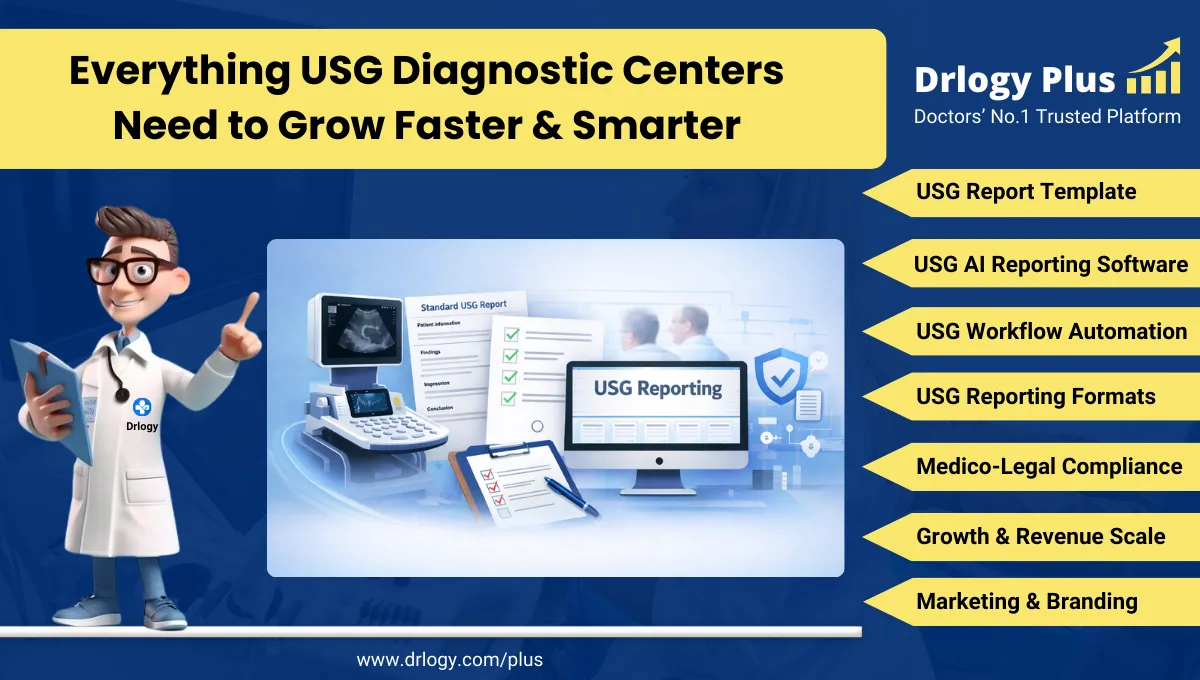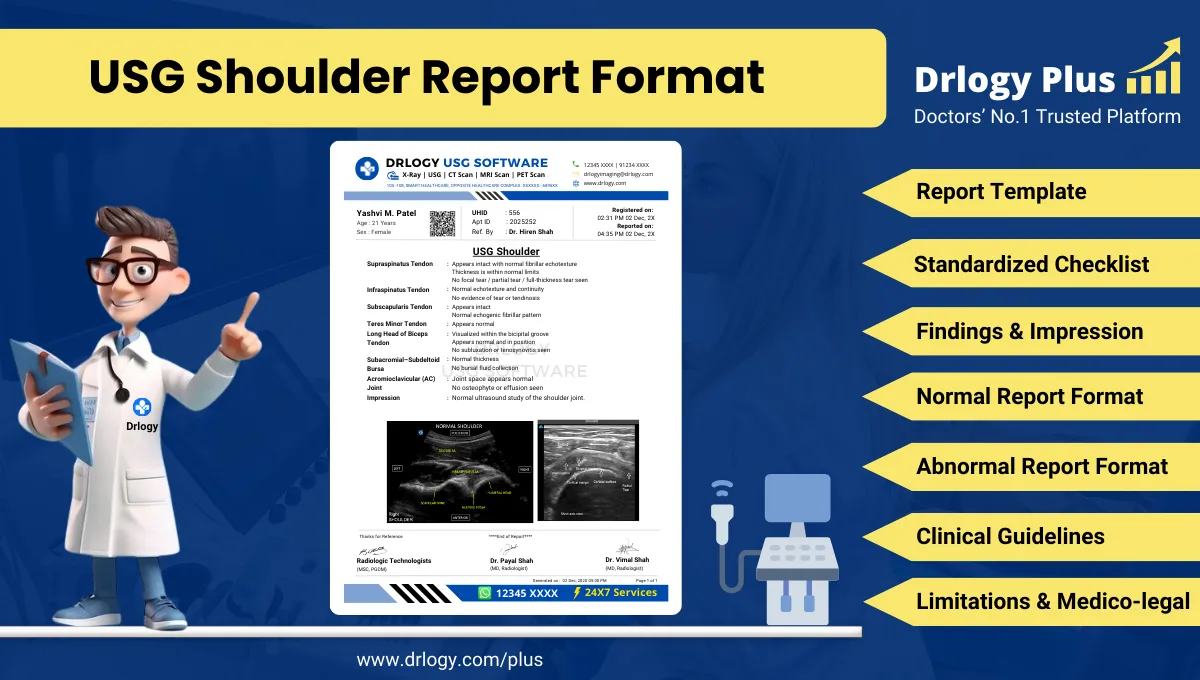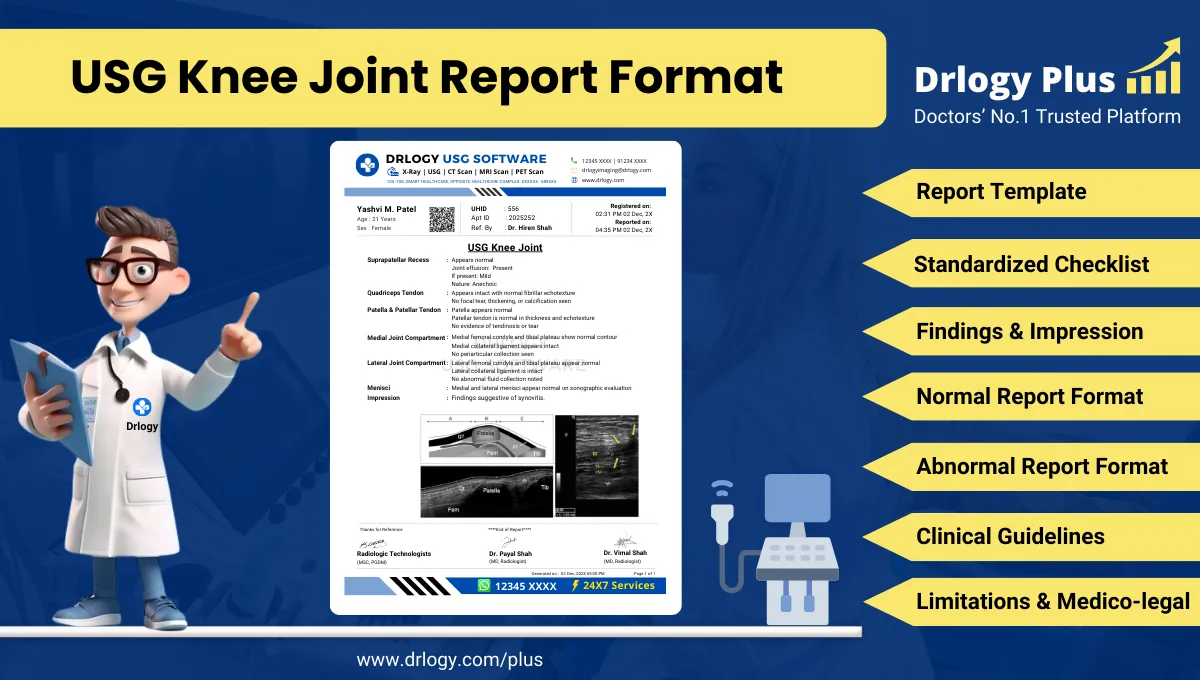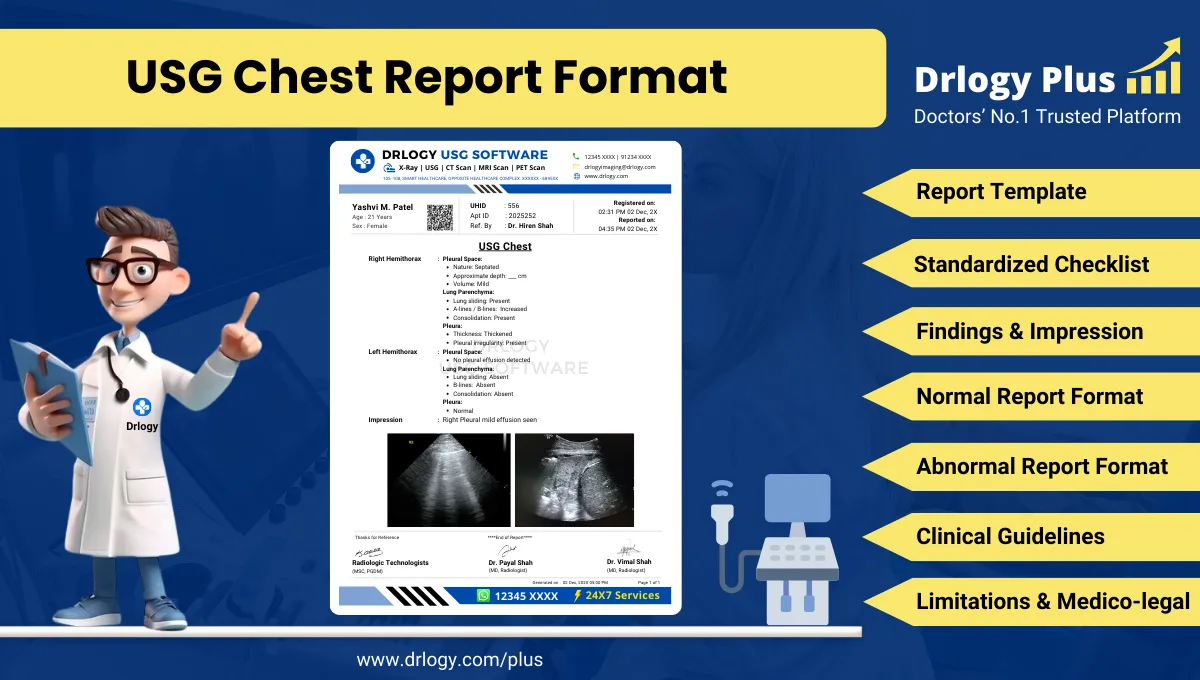
Drlogy
Healthcare organization
Why Electronic Health Records (EHR) Feature Must In MRD Software
Efficient Electronic Health Record (EHR) features in MRD management software play a pivotal in modern healthcare delivery by streamlining data management and enhancing patient care.
Check:
These features enable comprehensive patient record-keeping, seamless communication among healthcare providers, and decision-making, ultimately improving healthcare outcomes. Below, explore the best EHR features essential for optimizing MRD management software and delivering high-quality patient care.
Check:
10 Best EHR Features for MRD Management Software
Check 10 Best EHR Features for MRD Management Software.
1. Comprehensive Patient Records
- Consolidates all patient data, including medical history, diagnoses, and treatment plans, into a single record.
- Allows for easy updating and access by authorized healthcare providers.
- Integrates with other healthcare systems for a unified view of patient information.
- Supports the inclusion of multimedia elements such as images, videos, and scanned documents.
- Ensures completeness and accuracy of patient records for informed decision-making.
2. Interoperability and Data Sharing
- Facilitates seamless exchange of patient data between different EHR systems and healthcare providers.
- Adheres to interoperability standards like HL7 and FHIR for smooth data integration.
- Enhances collaboration across healthcare networks by ensuring data consistency.
- Supports secure data sharing while maintaining patient confidentiality.
- Reduces redundancy and improves the quality of patient care through shared information.
3. Clinical Decision Support
- Provides real-time alerts and reminders for preventive care, medication interactions, and critical lab results.
- Integrates evidence-based guidelines to support clinical decision-making.
- Enhances diagnostic accuracy with tools that analyze patient data for potential issues.
- Supports personalized treatment plans based on patient-specific data.
- Reduces the likelihood of medical errors and improves patient outcomes.
4. Electronic Prescribing (ePrescribing)
- Allows healthcare providers to send prescriptions electronically to pharmacies.
- Reduces errors associated with handwritten prescriptions.
- Supports medication reconciliation and management within the EHR system.
- Provides alerts for potential drug interactions and allergies.
- Enhances the efficiency of the prescription process and ensures timely patient access to medications.
5. Patient Portal Integration
- Offers patients secure access to their health records, test results, and treatment plans.
- Enables online appointment scheduling, prescription refill requests, andect communication with healthcare providers.
- Enhances patient engagement and involvement in their own healthcare.
- Provides educational resources and personalized health reminders.
- Improves patient satisfaction by offering convenient access to health information and services.
6. Billing and Revenue Cycle Management
- Integrates with billing systems to streamline the financial aspects of healthcare.
- Automates coding, billing, and claims submission processes.
- Provides real-time tracking of claim status and reimbursement.
- Enhances revenue cycle management with tools for denial management and financial reporting.
- Ensures compliance with regulatory requirements for billing and reimbursement.
7. Customizable Templates and Forms
- Offers templates that can be tailored to specific medical specialties and workflows.
- Supports the creation of custom forms to capture unique data requirements.
- Enhances efficiency by providing pre-built forms for common procedures and diagnoses.
- Allows for easy modification and updating of templates as needed.
- Improves data collection accuracy and consistency with standardized forms.
8. Advanced Analytics and Reporting
- Provides robust tools for generating detailed reports on patient outcomes, population health, and practice performance.
- Supports data analysis toentify trends, gaps, and areas for improvement.
- Integrates with data visualization tools to make complex data easily interpretable.
- Enhances decision-making with actionable insights derived from patient data.
- Assists in meeting regulatory reporting requirements with comprehensive data analysis.
9. Mobile Access and Telehealth Integration
- Enables healthcare providers to access patient records from mobile devices.
- Supports telehealth services, including video consultations and remote monitoring.
- Provides secure communication channels for virtual care.
- Enhances flexibility and accessibility for both patients and providers.
- Ensures continuity of care through remote healthcare options.
10. Compliance and Regulatory Support
- Ensures compliance with healthcare regulations such as HIPAA, HITECH, and GDPR.
- Provides tools for maintaining and updating compliance documentation.
- Includes audit trails to monitor access and modifications to patient records.
- Supports reporting and documentation for regulatory audits.
- Enhances data security and patient privacy by adhering to regulatory standards.
Drlogy MRD Management Software Features Guide
Check the Top 14 features of MRD Management Software Your Hospital Should Have.
| 1. Patient Registration | 8. Mobile App |
| 2. Patient Record | 9. Consent Management |
| 3. Patient History | 10. Patient Feedback |
| 4. Data Security | 11. Patient Education |
| 5. Data Management | 12. Patient Reporting |
| 6. Patient Portal | 13. Billing |
| 7. EHR | 14. Data Analytics |
Summary
Overall, Implementing these EHR features into MRD management software is vital for enhancing data organization, communication efficiency, and overall healthcare quality.
Check Drlogy MRD Management Software Features Guide for efficient inpatient management and enhanced patient care for your clinics and hospitals for patient management.




